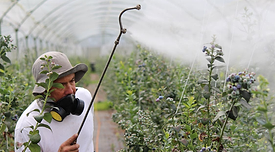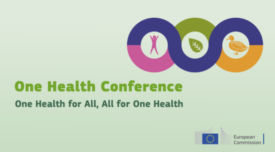Home » EU
Articles Tagged with ''EU''
Never miss the latest news and trends driving the food safety industry
eNewsletter | Website | eMagazine
JOIN TODAY!Copyright ©2024. All Rights Reserved BNP Media.
Design, CMS, Hosting & Web Development :: ePublishing







.jpg?height=168&t=1691503719&width=275)


